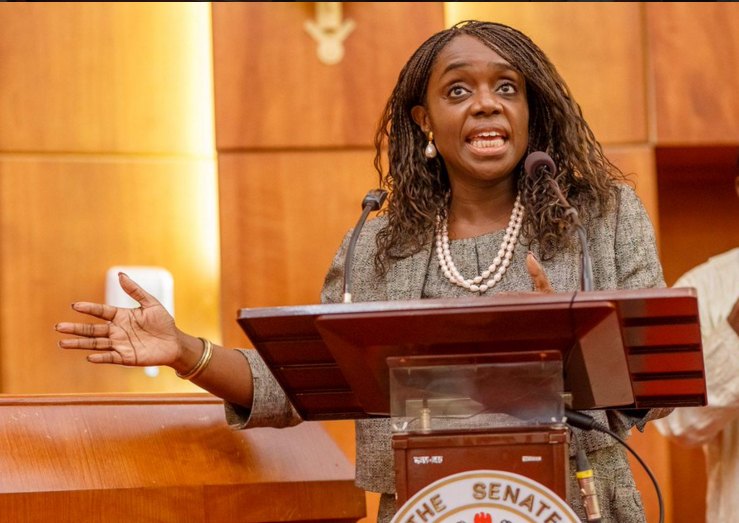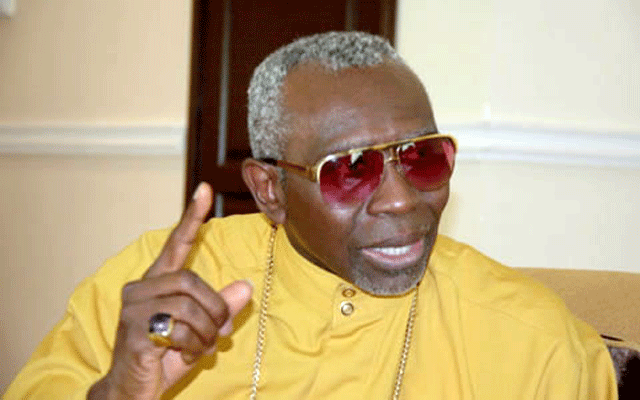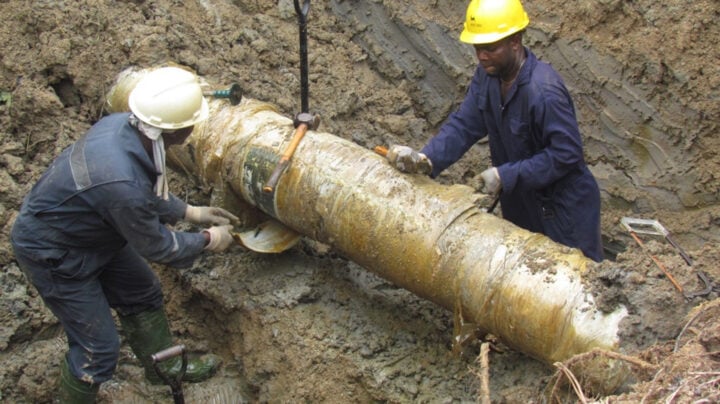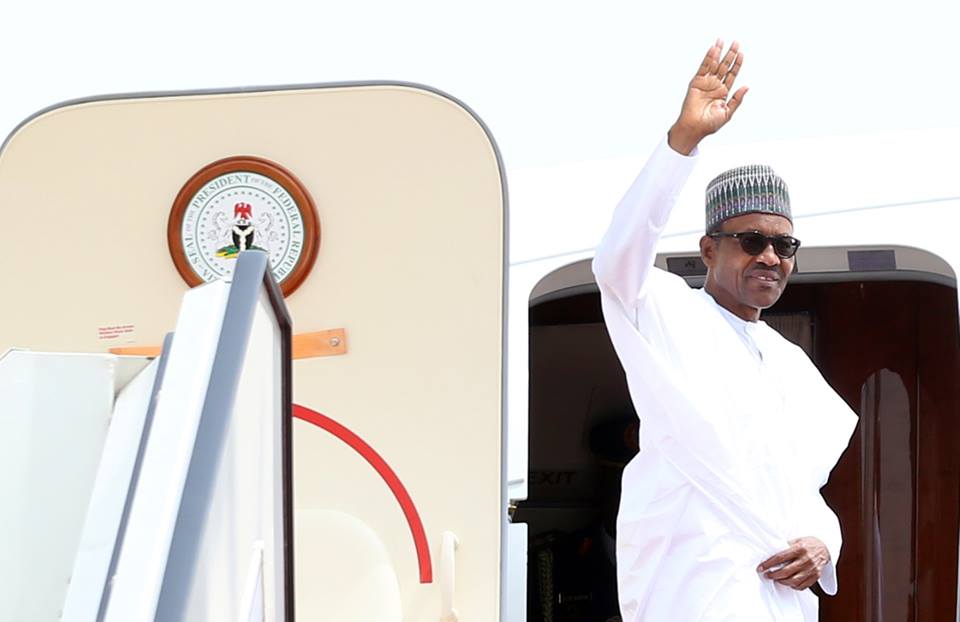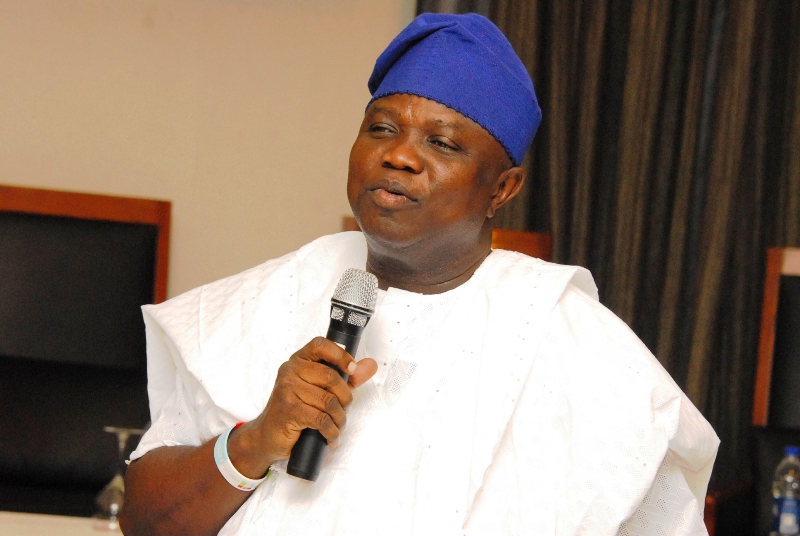In one of my articles, published on The Cable newspaper, titled, ‘’Was The Economist Fair to Kemi Adeosun’’, I argued that the finance minister would be better off if she wrote peer reviewed papers. This is because her critics would better understand her policies and philosophies. Thus, I was very glad when I started seeing her articles on the papers. Though some of her articles that I have read cannot be regarded as peer reviewed papers, I think she is doing the right thing. I enjoyed her first two articles, but the third one, titled, ‘’ Financing Our Future’’, confused me a lot. In this article, we shall address some of the issues she raised.
In the minister’s article, she claimed that her government was trying to apply the Keynesian model to stimulate the economy. This is at variance with some the actions she has taken lately. Before I go on, let me explain what the Keynesian model is in layman’s terms. Basically, Keynesian economics advocates increased government expenditure and lower taxes to stimulate demand and pull an economy out of recession.
Since the federal government told us last month, after the National Economic Council (NEC) Meeting, that it was going to increase VAT, one wonders if this initiative is in line with the Keynesian school of thought. Since Keynesian economics is a demand-side theory, increasing VAT might reduce demand, don’t you think so? With increased VAT, a guy like me might not be able to afford two bottles of beer, after work anymore, I might start taking one. This would affect the sales of the Beer Company, and consequently, impact on its ability to hire more people and expand.
That reminds me of the budget. If the public had known about some of the basic assumptions of the budget, nobody would have been accusing the government of not having a policy. A government’s policy can be seen from the assumptions in its budget. For example, was the proposed increase in VAT, which was announced after the last NEC’s meeting on the economy, part of the assumption used in computing the 1.45 trillion naira tax revenue in the 2016 budget?
Advertisement
I have every reason to believe the proposed VAT increment was an afterthought and was not factored into the budget. Why? Last January, after the NEC meeting chaired by Osibanjo, Udo Udoma told journalists that government had no intention of raising VAT. Surprisingly, the Vice President is now telling us that the VAT rate in the country is too small.
There is no need reminding Nigerians that the CBN has just raised interest rate. The point I am trying to make here is that what government is doing is far from the Keynesian economics, the minister claimed.
If the minister thinks her approach is a Keynesian budget because government is spending over 6 trillion naira this year as against last year’s roughly 5 trillion naira budget, she should think about that again. I do not think the increased 2016 spending suggests in any way that government is pumping more money, in line with the Keynesian school of thought, into the economy. Why? If you adjust this year’s 6 trillion naira budget with the current inflation rate and the dollar exchange rate, it might even be lower than the 2015 budget in real terms.
Advertisement
If we wanted to pump money into this economy, we ought to be talking of a 10 trillion naira budget, not 6 trillion naira. With the right monetary policies, we could hit a 10 trillion naira budget without having to borrow more than 30% of the budget. Besides, if you look at our 2016 budget, we are actually borrowing to fund recurrent expenditure. Our recurrent expenditure will always be high as long as we continue practicing the feeding bottle federalism that encourages laziness and corruption in government payroll. For now, let us wait and see how much we can save from blocking leakages. My thesis is that we will continue blocking leakages for the next three years, if we don’t restructure the country for productivity.
The minister raised the issue of debt servicing and repayment, which is already eating into our national budget, and posited that government would first approach multilateral institutions, because they lend at very low interests. This makes sense. She also said the balance would be sourced from other commercial sources. I hope Nigeria is able to source for cheap loans considering our recent downgrades by reputable rating agencies.
This brings to mind the issue raised by Femi Falana on borrowing. The erudite lawyer is obviously worried that Nigeria might be taken back to era where excessive foreign debts tied the hands of policy makers. One would have thought that selling off unproductive government assets, and probably floating NNPC on the stock exchange, would have brought in money to run this government, efficiently, for the next four years. This option seems the most plausible because recovering stolen loots in order to fund budget might take some time, considering the legal hurdles involved.
Considering our relationship with China, the issuance of PANDA Bond, being contemplated by government, makes sense. These Renminbi (Yuan) denominated loans from China can be used in paying off Chinese contractors in Nigeria. However, since we are one of the first non- Asian country to go for these loans, care should be taken in negotiating the loans.
Advertisement
The minister was concerned about our debt profile, and she talked about restructuring our debts. This makes a lot of sense. Nigeria expects to get a revenue of about 3.8 billion naira. Sadly, we will use about 1.47 trillion naira to service debts, about half our earnings is used to paying back debts. Note that we might not even meet our target of earning up to 3.8 billion naira, but will still have to pay our debts, whether we earn money or not. But, there is a good news. Most of the debts are local debts, not foreign debts, which strangulates policy makers. Sadly, we are likely going to see our foreign debts go up in the coming years.
She restated what Buhari has been saying – Buhari’s government’s number one aim is to bring as much people out of poverty. I remember Jonathan said that, as well. Let us wait and see how the government intends to take out the large number of Nigerians living in poverty. I understand strategies for this is still being fine-tuned.
I encourage Mrs. Kemi Adeosun to keep writing. People like me are beginning to understand her economics and in the coming months we shall continue to seek for clarifications.
OTHER BURNING ISSUES
BUHARI SHOULD DISCOURAGE SYCOPHANCY
Advertisement
Last week, the Taraba State chapter of the APC endorsed Buhari for 2019. Note that Buhari has not even served for up to a year. The high powered meeting, which had powerbrokers in Taraba in attendance, did not issue concrete reasons why they took the decision of asking Buhari to run in 2019. Reports state that they merely supported all government’s policies. Though Buhari has every right to run in 2019, APC should remember that it is this kind of behaviour that caused trouble for the PDP.
ON POLICE RECRUITMENT
Advertisement
Last week, an armed robber, arrested in Lagos State, claimed that he worked for a senior police inspector. He claimed he had been working for the police inspector for some months. In fact, the way the robber claimed they carried out their operations, in connivance with the police officer, could only be appreciated if you have read Hardly Chase’s novels.
Now that the police is planning to recruit thousands of officers, I employ the authorities to do proper background checks on the applicants. However, since Nigeria doesn’t have a proper record keeping culture, other ingenious means should be employed to test the characters of the new recruits.
Advertisement
INFLATION DEFIES THE CBN
When the CBN raised interest rates last month, analysts argued that the move was to curb inflation, which was at 11.2%. Sadly, the inflation rate just released, by the Statistics Office, went up from 11.4% to 12.8 % for the month of March. This was, however, attributed the high cost of fuel and the scarcity of forex. One wonders if our sufferings would not have been reduced if interest rates were not raised, in the first place.
Advertisement
Views expressed by contributors are strictly personal and not of TheCable.

